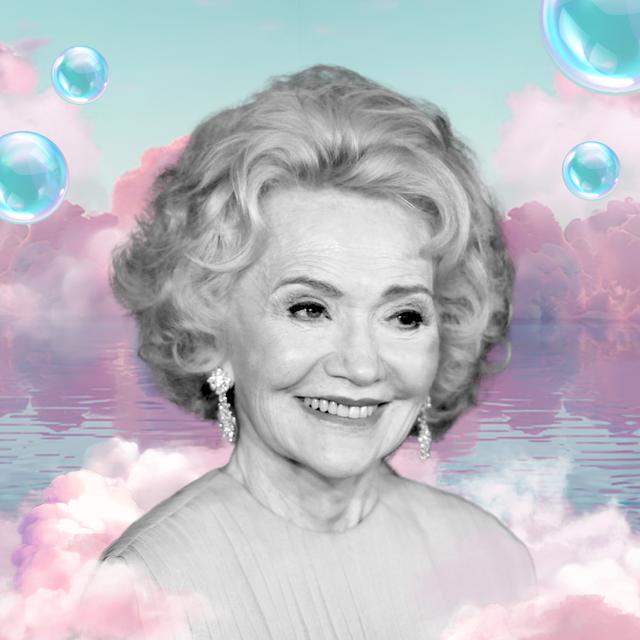
TV wouldn’t be TV without soap operas
May 06, 2025•30 min•Season 6Ep. 5
Episode description
Without soaps, we wouldn’t have melodramas or reality shows. Without soaps, we wouldn’t have many of the TV tropes and shows we love to stream and binge-watch. Cliffhangers, serials, vixens — in television storytelling, all come from soaps.
Network television would not exist if not for the financial success of soap operas, according to Elana Levine, author of Her Stories: Daytime Soap Opera and US Television History. During the 1970s, Levine said soaps brought in 75% of the networks’ revenue.
“Soaps were a legitimate kind of pop culture sensation. As a result, the networks are able to charge more for those ad slots,” she said. “It’s a way to reach young people in particular for a time. [Networks] were willing to pay more, because what they were paying was still a whole lot less than what primetime TV cost them, in terms of advertising time.”
Ad sales on soaps bore the load of a broadcaster’s overall business model, even as production costs inevitably increased. Production costs for a soap opera, Levine said, were “still never at the level of what it cost to make a primetime show.”
The decline of soaps can’t be attributed to a singular event. Over time, viewers’ habits changed and how we consume television evolved, from the VCR to streaming. Soaps are not dead, though, and there are good reasons why they have endured.
For the best experience, listen in Metacast app for iOS or Android
Open in Metacast